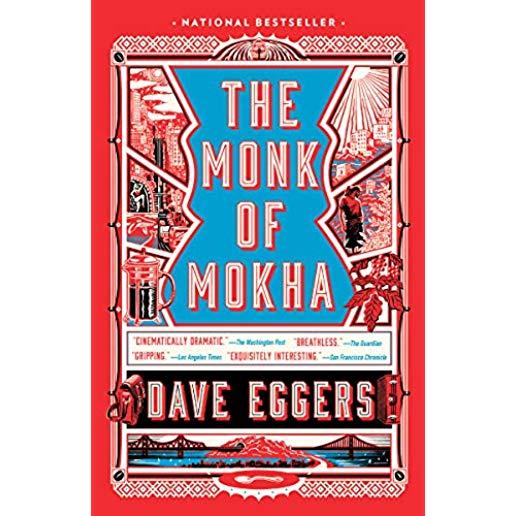
description
4
From an outspoken Iranian author comes a "charming, powerful novella" that is banned in Iran for its depiction of female freedom (Publishers Weekly).
"Parsipur is a courageous, talented woman, and above all, a great writer." --Marjane Satrapi, author of Persepolis This modern literary masterpiece follows the interwoven destinies of five women--including a wealthy middle-aged housewife, a prostitute, and a schoolteacher--as they arrive by different paths to live together in an abundant garden on the outskirts of Tehran. Drawing on elements of Islamic mysticism and recent Iranian history, this unforgettable novel depicts women escaping the narrow confines of family and society, and imagines their future living in a world without men. Reminiscent of a wry fable, Women Without Men creates an evocative and powerfully drawn allegory of life in contemporary Iran. Shortly after the novel's 1989 publication, Parsipur was arrested and jailed for her frank and defiant portrayal of women's sexuality. Banned in Iran, this national bestseller was eventually translated into several languages, giving new readers access to the witty and subversive work of a brilliant Persian writer.member goods
No member items were found under this heading.
Return Policy
All sales are final
Shipping
No special shipping considerations available.
Shipping fees determined at checkout.







